
Curiosynth
Igniting Curiosity & Innovation in Young Thinkers across India and
Beyond
India’s #1 Ed-Tech platform for Maths, Science & STEM Learning
( For Grades 5–10)
Ignite a Lifelong Passion for STEM with Curiosynth—India’s Premier Platform for Young Innovators.”
TODAY'S BIG IDEA:-Every Child is EXTRAORDINARY
 The idea at our core is:
The idea at our core is:
‘Curiosity isn’t taught, it’s unleashed.’
At Curiosynth, we empower students to ask questions, explore ideas, and discover solutions through hands-on projects in Science, Math, and STEM Innovation
Our programs not only nurture's self-confidence, spark creativity, but also build the essential skills that matter for tomorrow’s world
And it all begins with a spark of
curiosity
 Born from a Simple Truth
Born from a Simple Truth
 Led by the urgent need to reconnect learning with life
Led by the urgent need to reconnect learning with life
“Learning loses its power when it isn’t connected to life.”
Today’s schools still teach many children what to remember — not how to use what they learn. That widening gulf between classroom content and real-world demand is eroding the value of core subjects, narrowing career horizons to a handful of “safe” professions, and leaving India’s (and the world’s) huge youth cohort under-prepared for work. Thinkquanauts exists to close that gap by turning abstract lessons into applied capability — early, deliberately, and aligned to each child’s strengths. International Labour OrganizationWorld Economic Forum
1) A growing classroom ↔ workplace mismatch.
Employers and global monitors report a large mismatch between what schools teach and the skills needed on the job: many firms expect widespread job churn and say workers will require reskilling; employers also report that a substantial share of entry-level roles now demand practical experience or skills graduates lack. Education assessments (like PISA) explicitly measure whether students can apply math, reading and science to real-life problems — the fact this is a major focus underscores the gap. World Economic ForumOECD
2) Maths & science are losing perceived real-world value for students.
Attitude studies and large polls show many young learners do not see themselves as “math people” and report low practical relevance for STEM lessons; research links perceived usefulness directly to engagement and achievement. In India, national surveys also find persistent deficits in applied numeracy — proof that teaching often prioritizes rote procedure over problem-solving. The 74 MillionERICASER: Annual Status of Education Report
3) A pervasive “marks = future earning” parental myth that distorts learning.
Parental expectations that equate learning with grades produce exam-focused behaviour (rote memorization, coaching culture) and raise stress — outcomes documented in India’s ASER and in psychological studies of parental pressure. That mindset delays the adoption of skills-centric learning and narrows children’s sense of when and how they can contribute economically. ASER: Annual Status of Education ReportPMC
4) Career awareness is shockingly narrow — the doctor/engineer default.
Large surveys show most students are aware of only a handful of careers (one widely cited survey found ~93% of respondents knew only about seven mainstream options), and parents often steer children toward medicine/engineering as the perceived “safe” route. The result: talent is funneled into a few pipelines while other aptitudes go untested and un-honed. India TodayThe Economic Times
5) We are risking the demographic dividend by educating for exams, not employability.
India has one of the world’s largest youth cohorts (a majority under 35) — a historic economic opportunity — but multiple reports warn that without stronger, earlier skill development, that advantage may be lost. The ILO and World Bank document that educated youth can still face higher unemployment when qualifications don’t match market needs; conversely, well-designed vocational and skills programs improve employment outcomes (though impacts depend on alignment with employers). In short: teaching obsolete, rote methods turns a demographic asset into a socio-economic liability. Press Information BureauInternational Labour OrganizationWorld Bank
“That’s Why we started Thinkquanauts”
Because exams don’t create citizens or careers applied curiosity, early skill-building, and personalised strengths do.
From Ideation to Framework:
The Making of Thinkquanauts
After uncovering the widening cracks between what schools teach and what life demands, we knew change could not be imagined in isolation. So began an extraordinary journey of ideation — one that brought together voices from across society: seasoned educators, visionary entrepreneurs, cognitive scientists, child psychologists, policy-makers, technology innovators, corporate leaders, design thinkers, engineers, medical professionals, environmentalists, and even artists. Each brought a unique lens, ensuring our framework wasn’t just another academic model, but a 350-degree approach to real-world learning.
Through countless consultations, field trials, and dialogue with working professionals who live these challenges daily, our team mapped the true skills children need: critical thinking, creativity, digital fluency, emotional intelligence, problem-solving, and entrepreneurial mindset. Backed by over 8 years of rigorous research and relentless innovation by the Curiosynth Team, this collective wisdom culminated in the birth of Thinkquanauts Global & India Program — the true future of learning

 Introducing
Introducing
A Future-Ready Thinking Ecosystem Aligned with India & Global Education Standards
The Thinkquanauts Ecosystem is more than a learning space—it’s a bridge between curiosity and real-world innovation.Here, students go beyond textbooks and traditional classrooms to master critical thinking, problem-solving, and creativity through hands-on projects.
Here, students aren’t just passengers in education
they are explorers of knowledge, architects of ideas, and pioneers of tomorrow’s solutions
Our programs are thoughtfully aligned with India’s National Education Policy (NEP) CBSE & ICSE BOARDS as well as international boards (IB, IGCSE, Cambridge, US Common Core), ensuring that every child builds skills that matter not just locally, but globally.
By blending innovation, exploration, and global best practices, Thinkquanauts nurtures future leaders, innovators, and changemakers who are ready to thrive in an interconnected world.
The Thinkquanauts After School Program
“India’s First-of-its-Kind Curiosity-Powered, AI-Driven, and STEM-Based Learning & Research Platform for Students in Grades 5–10.”
It's A revolution in how children learn, think, invent, and lead, preparing them to thrive in a future shaped by there innovation.
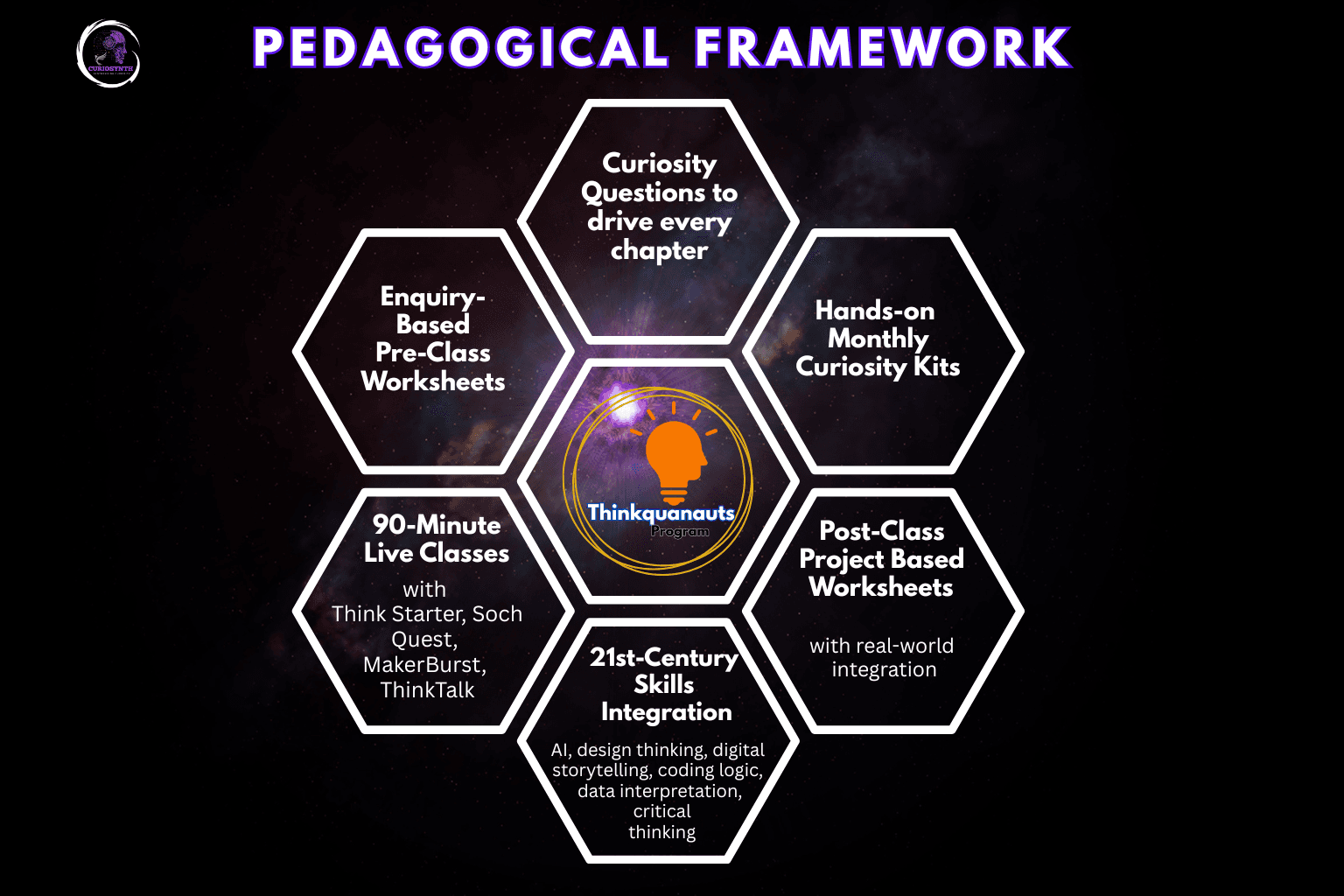

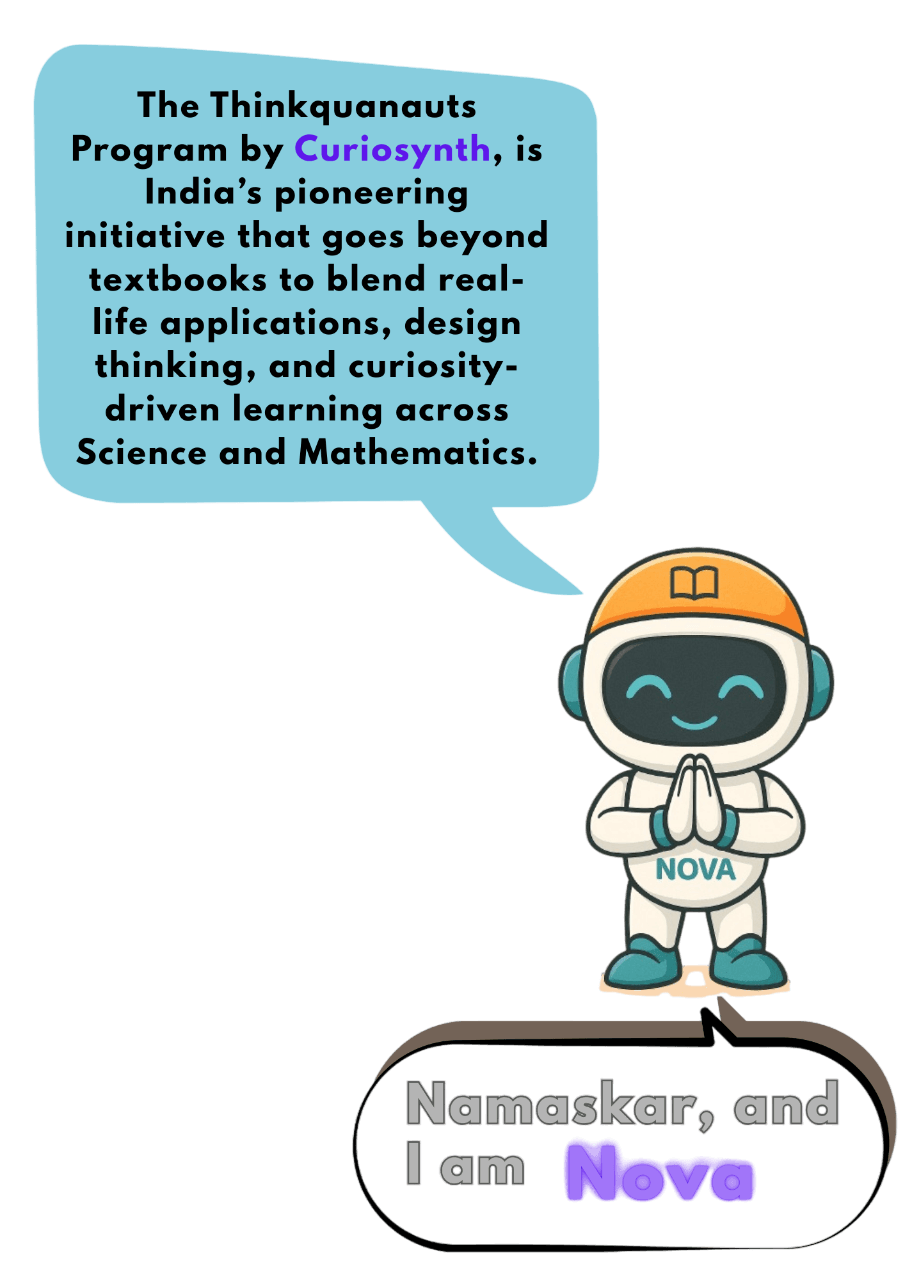

Augmenting the worth of academic pursuit for every child
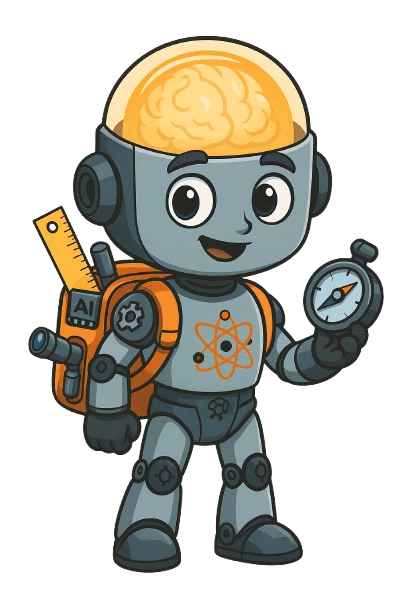
Curiosynth Manifesto – The Future of Learning Starts Here
At Curiosynth, we believe education is more than grades, exams, and textbooks.It’s about igniting curiosity, nurturing creativity, and building the confidence to turn ideas into reality.That’s why we created Thinkquanauts Global — the world’s first curiosity-powered, AI-driven, and STEM-based learning & research ecosystem for students in Grades 5–10
.
Our Promise to Every Parent & Student:
Hands-on STEM kits delivered to your doorstep, bringing real-world science and math alive.
Weekly 90-minute live sessions with global experts who connect school curriculum with 21st-century skills.
A structured pathway to creativity & design thinking — from graphic design and 3D modeling to storytelling and public speaking.
A learning ecosystem that recognizes each child’s Multiple Intelligence, helping them discover their strengths and future career trajectory.
Unlike tutoring centers or generic STEM clubs, we are building a genuine white space in education — where learning is not memorized, but experienced… not imposed, but unleashed. Every child is born curious. With Curiosynth, that curiosity becomes the seed of innovation, confidence, and future readiness — in India and across the globe.
Curiosynth: Where Curiosity Meets Future.
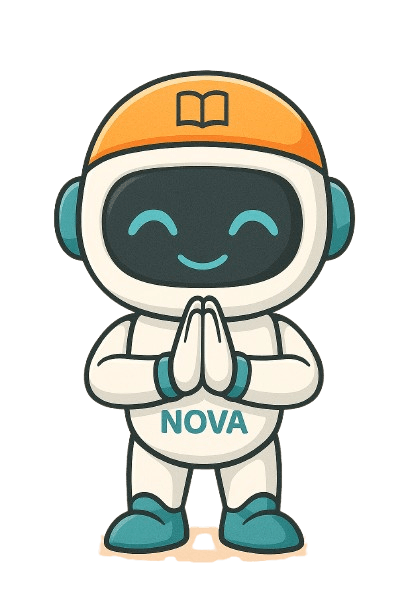

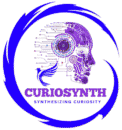
 The idea at our core is:
The idea at our core is: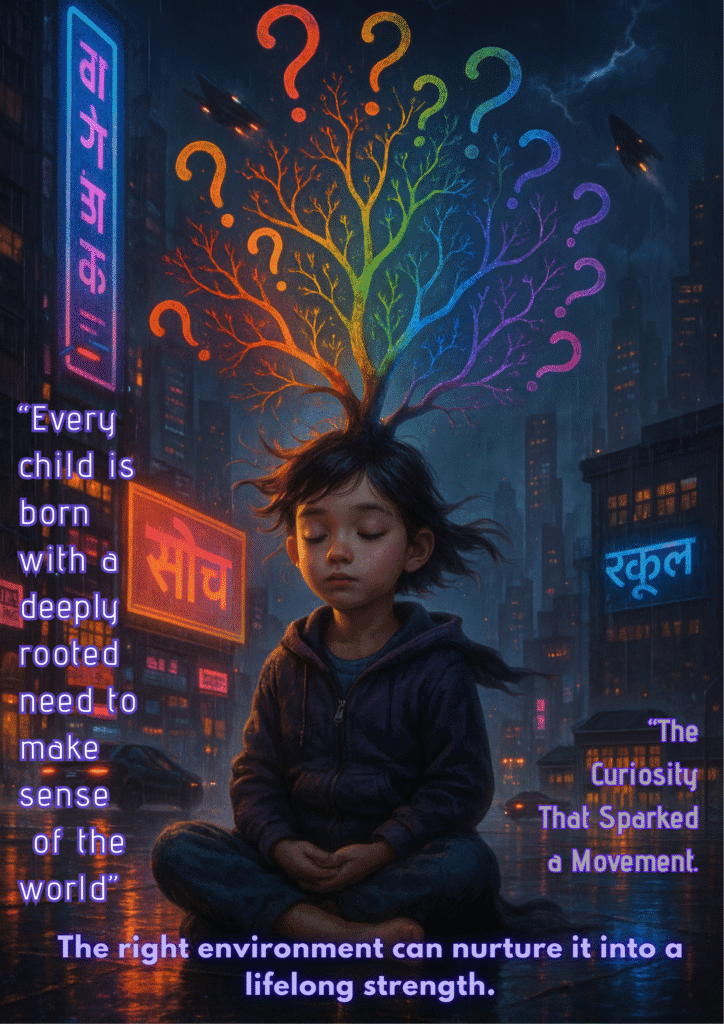


 Introducing
Introducing